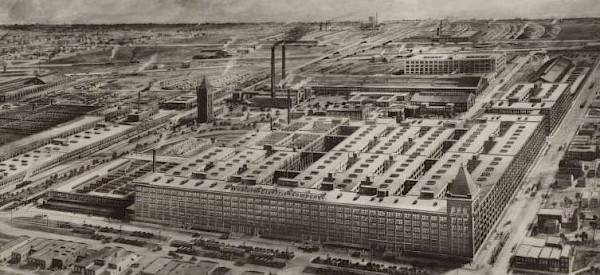Episode transcript The transcript is generated automatically by Podscribe, Sonix, Otter and other electronic transcription services.
Hello, everyone, welcome to the Five Minutes podcast today, I like to talk to you about the Hawthorne effect. The Hawthorne effect says that the performance improves when you are observed. Let me translate this in an easier language every time that someone is being observed, doing a task or measuring something. This person tends to improve his or her performance. A couple of examples remember the last audit in your company? When the auditors come, everybody dress it up behaving like I would say kings knowing everything. Train everything perfect. Why? Because someone is observing you. Second, do you remember the last time you took your children to a friend's house and left the children there for a day? Most of the time, what happens when you come to pick them up? The parents of your children's friends? What do they say? Oh, your daughter or your son was great? Or he or she is so polite why that this is all Hawthorne effect? Because they were observed during the whole day, and this is like programs, for example, this kind of programs on TV like Big Brother and these were the cameras. They evaluate people, people at the beginning. They tend to behave in a different way because they know that someone is looking and observing and judging them. And these names. I don't know. I know that some people say it's true the history.
Some people don't believe they didn't see the facts to support that. But these name comes from the Hawthorne works. It's a factory, a GE factory in Cicero, Illinois, where many of these kind of tests were observed. I know that there is a lot of controversy on that. Some alters, they don't believe it happened there or others believe so. It's not my topic here on this podcast to discuss. I will just stick with the name Hawthorne effect and always thinking that the Hawthorne effect is every time people are observing someone doing something and this person that is doing something improves his or her performance just by being observed. And of course, you will ask me the key question How do I avoid this? How do I avoid this? I would say fake behavior for the lack of a better word. How do I avoid that? There are a couple of tips that I can give to you on that. The first one, if you are observing something and you just arrive, you should disregard. I would say this first or second batch of information, and you should give some time to the worker to get used to your presence there, looking to him or looking to her. This drives me to the second. It's time. Time makes people feel more comfortable.
Imagine that you are a project manager or a project director or leading an effort, and then you decide to move your table to the middle of your teams. So to work together with them, let's suppose that you didn't do this before. It's the first time. What will happen immediately? Nobody talks B.S. Everybody works straight. You don't see people hanging on the phone or looking on the computer, on social media. Nothing. Why? Because you were there. Because you were observing them. However, if you stay more, more, more, more days, what will happen at some point people get used to you and then you will start seeing them in a far more natural and real way because of the time. And the third thing it's you can evaluate and analyze in a hidden way. And please, when I say hidden, I'm not saying that you will create something artificial or that you are trying to find someone guilty. What you are trying is just making sure that you are really evaluating actual performance and not a fake inflated performance because you are there so many times you create teams that will evaluate the team, but you don't know who is evaluating anyone. So they are hidden among the team members to evaluate and not. I think you can create, for example, if it's a computer software, you can create a code on the back end that will do some kind of analysis.
Or you can create a control group that will work outside your boundaries to use. As a reference to compare these two groups, why this is so important, because most of the time the reports you receive, they will reflect these vote or in effect many times they will be far more positive than they really are. And if you go there to, for example, let me visit. I did this so many times. Let me visit this construction work. When you go there, most of the time, everything is neat and it's clean. I remember always when I was serving at the Brazilian army, the Brazilian army, it's a compulsory army, so you cannot opt out. It's an obligation and I was there serving. And every time that the general was planning to do a visit to our area, we had to paint everything, clean everything, make everything, organize it just because we will be observed. And this is a natural effect that we need to manage. And if we manage this properly, we will get the actual results and the results that really matter for our project. And this is what is the Hawthorne effect. I hope you enjoyed this podcast issue next week with another Five Minutes podcast.

